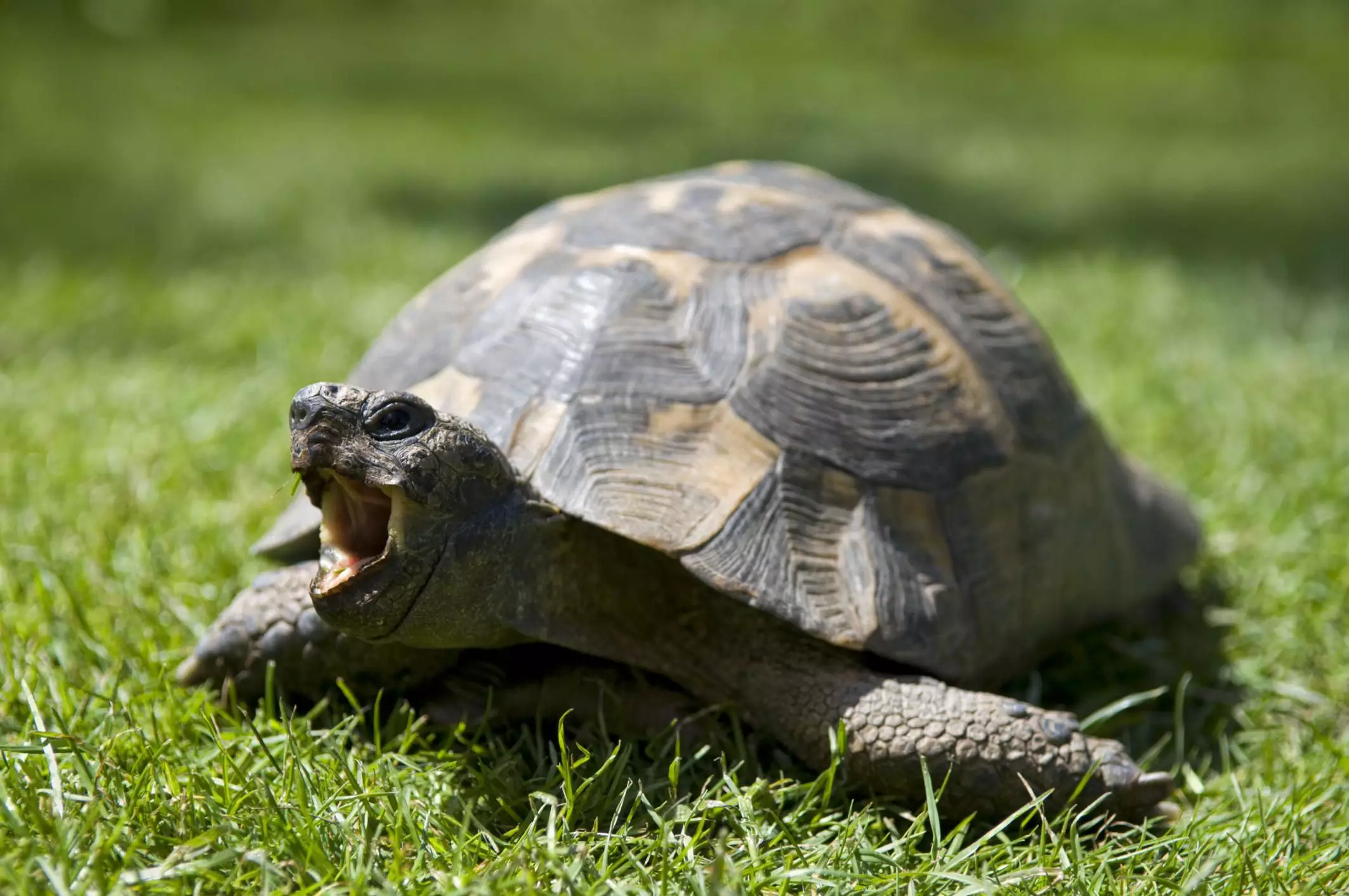Tortoises are increasingly becoming favored companions in households around the world. Their quiet demeanor, unique characteristics, and captivating beauty, especially when they are hatchlings, make them attractive as household pets. However, contrary to the easy-going image they project, prospective tortoise owners must understand that adopting a tortoise entails a long-term commitment. With lifespans that can span decades—some species living for upwards of a century—caring for a tortoise is not a whim but a lifestyle choice that demands thorough consideration.
The longevity of tortoises poses unique challenges for pet owners. With lifespan expectations ranging from 50 to well over 100 years, owners must factor in their current living situation and future plans. It is crucial to realize that your lucky tortoise may end up outliving you, and as a result, creating a plan for the tortoise’s welfare in later years is essential. The significant lifespan of these reptiles requires a profound awareness that your convenience should not overshadow the commitment entailed in tortoise care.
Most tortoise species are gentle, reserved creatures. While they are typically not aggressive, caution is warranted when housing multiple males together; conflict can lead to serious physical altercations. It’s vital to understand that handling tortoises, especially adults, is not only impractical but can also induce stress. Ongoing stress can lead to severe health issues. Even younger tortoises should be handled minimally; instead, owners should foster an environment where these creatures can thrive independently. By allowing a tortoise space to explore its surroundings, owners contribute to the wellness and vitality of their pets.
Tortoises demand a specific environment that mimics their natural habitat. This generally involves outdoor enclosures equipped with appropriate space, shade, and safety measures. Many tortoise species thrive in mild climates, making outdoor living a necessity. Any enclosure must be robust and resilient against their natural instincts to dig or climb. Ingenious solutions, such as burying fences to prevent escape and providing overhead coverage to thwart climbing attempts, can secure the tortoise’s living area against potential dangers.
Furthermore, tortoise habitats must remain free from harmful plants and sharp objects. Shallow water sources are usually recommended as deep water can pose a drowning hazard. Essential shelters, such as well-ventilated dog houses or shaded areas, should also be included to protect these reptiles from harsh weather conditions.
The dietary needs of tortoises can vary significantly based on their species, complicating their care. A balanced diet rich in vegetables, alongside sufficient roughage and appropriate calcium-phosphorus ratios, is vital for their health. Owners must dedicate time for meal preparation, as some species require a substantial amount of food daily. Ensuring that the dietary requirements are met involves not just offering variety but also a commitment to ongoing education regarding what substrates and foods are safe.
Being well-informed on dietary specifics is essential; for instance, young tortoises need a diet that encourages healthy shell development while older tortoises require nutrients that support bone strength. Owners should also consider sourcing captive-bred tortoises, as they are generally in better health and face fewer challenges than those taken from the wild.
Tortoises, like all pets, are susceptible to various health conditions. Common afflictions include respiratory infections, often resulting from stress or unsanitary conditions. Early detection is key—monitoring for lethargy, appetite changes, or mucus buildup can mitigate potential serious outcomes. Consulting a qualified reptile veterinarian can ensure proper treatment and care.
Metabolic bone disease, stemming from inadequate calcium intake, is another prevalent concern. This illness can be averted with appropriate dietary measures and sufficient exposure to ultraviolet rays. Regular vet check-ups are crucial for maintaining the overall health and resilience of a pet tortoise.
When it comes to selecting a tortoise, extensive research is necessary. Popular choices like the Russian tortoise, red-footed tortoise, and sulcata, each come with unique characteristics, care requirements, and sizes. Understanding the specific needs of each species, including their housing, dietary preferences, and environmental needs, will determine a proper fit for your lifestyle. Tortoises can present rewarding companionship—yet they demand both patience and commitment.
Owning a tortoise can undeniably be a rewarding experience filled with joy and companionship. However, potential owners must approach this commitment with a sense of responsibility, recognizing the extensive care and planning required. Whether it’s their long life spans, housing needs, or health requirements, investing time in research and preparation lays the groundwork for a fulfilling relationship with these remarkable reptiles. Treat them well, and in return, they will provide years of wonder and appreciation, carving a special place in the heart of their guardians.

